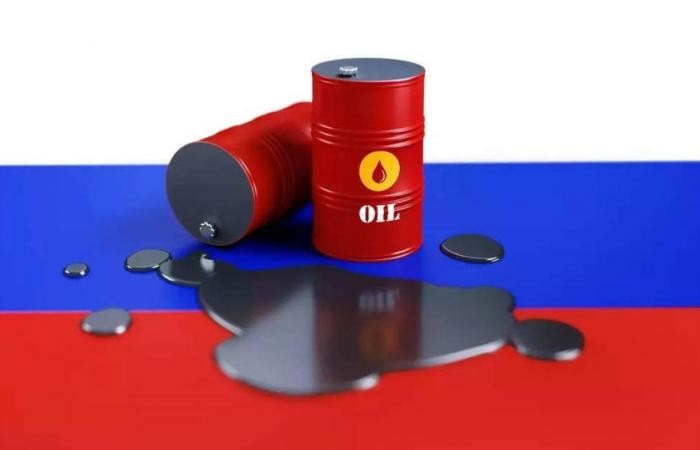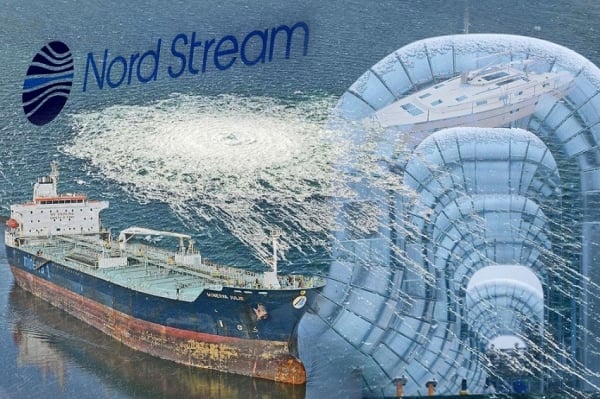 |
| Russia has allowed oil tankers to pass through the Arctic sea route for the first time. (Source: India Post English) |
These vessels can travel the Arctic Ocean Route due to warmer temperatures. The first two such tankers set sail last August.
The Financial Times noted that shipping times along this route are much faster than through the Suez Canal.
The article said: “The journey from the northern Russian port of Primorsk to China via the Suez Canal takes 45 days; using the Arctic Ocean Route would cut that time by 10 days. Russia could save about half a million dollars per trip in fuel costs alone.”
The Financial Times also fears that moving tankers unsuitable for the Arctic could cause oil spills and says Western sanctions have pushed Russia to this decision.
Russia's oil export revenues rose to $17.1 billion in August, up $1.8 billion from July, as higher oil prices offset lower export volumes, the International Energy Agency (IEA) said in its September Oil Market Report.
Brent crude prices began rising to $80-$85 a barrel last month, before hitting $90 a barrel in early September.
Russia’s total crude and fuel exports are estimated to have fallen by around 150,000 barrels per day (bpd) from July to 7.2 million bpd in August, led by lower product exports. Exports in August 2023 were 570,000 bpd lower than those seen in August 2022, the IEA said.
Russian oil exports to China and India fell to 3.9 million barrels per day (bpd) in August from 4.7 million bpd in April and May, but accounted for more than half of total volumes, according to the IEA.
Higher international oil prices and narrower discounts between Russian crude grades relative to Brent led to higher export revenues for Russia despite lower seaborne exports in August.
Source






































![[Photo] Prime Minister Pham Minh Chinh chairs Government Conference with localities on economic growth](https://vstatic.vietnam.vn/vietnam/resource/IMAGE/2025/2/21/f34583484f2643a2a2b72168a0d64baa)



























































Comment (0)